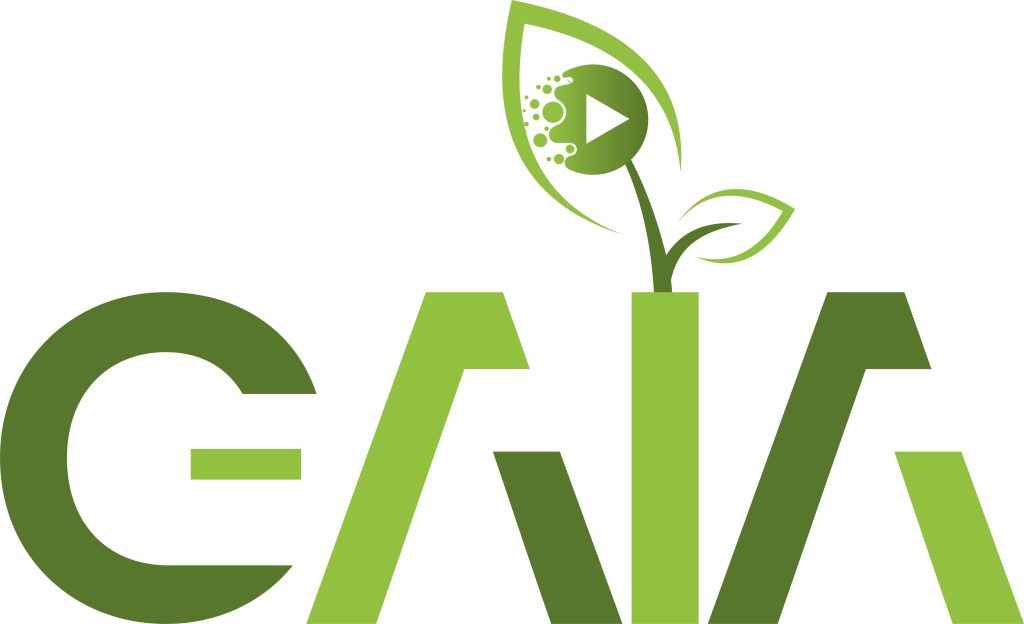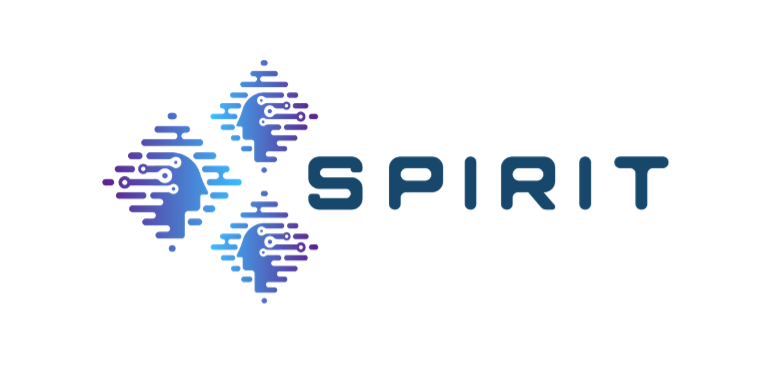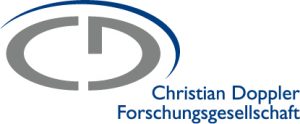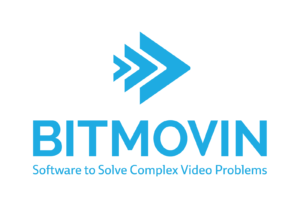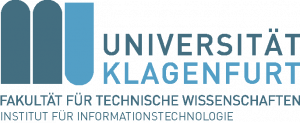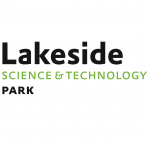The 1st IEEE ICME Workshop on
Surpassing Latency Limits in Adaptive Live Video Streaming (LIVES’24)
5-19 July, 2024, Niagra Falls, Canada
ICME 2024 Workshops Proceeding
Workshop Program:
Friday 19th July (Room: Salon A 3F): AM 8:00 – 12:00
- 9.30 – 10.15: Keynote Speech by Ali C. Begen (DASH and Media-over-QUIC Transport Face-Off: Performance Showdown at Low Latency). 15m break
- 10.30 – 11.00: Optimizing Quality and Energy Efficiency in WebRTC with ML-Powered Adaptive FEC
- 11.00 – 11.30: Impact of Prioritized HTTP/3 Transport on Low-Latency Live Streaming
- 11.30 – 12.00: Adaptive Intra Period Size For Deep Learning-Based Screen Content Video Coding
Call For Submissions
Delivering video content from a video server to viewers over the Internet is time-consuming in the streaming workflow and has to be handled to offer an uninterrupted streaming experience. The end-to-end latency, i.e., from the camera capture to the user device, particularly problematic for live streaming. Some streaming-based applications, such as virtual events, esports, online learning, gaming, webinars, and all-hands meetings, require low latency for their operation. Video streaming is ubiquitous in many applications, devices, and fields. Delivering high Quality-of-Experience (QoE) to the streaming viewers is crucial, while the requirement to process a large amount of data to satisfy such QoE cannot be handled with human-constrained possibilities. Satisfying the requirements of low latency video streaming applications require the streaming workflow to be optimized and streamlined all together, that includes: media provisioning (capturing, encoding, packaging, an ingesting to the origin server), media delivery (from the origin to the CDN and from the CDN to the end users), media playback (end user video player).
The first workshop on Surpassing Latency Limits in Adaptive Live Video Streaming (LIVES 2024) aims to bring together researchers and developers to satisfy the data-intensive processing requirements and QoE challenges of live video streaming applications through leveraging heuristic and learning-based approaches. We warmly invite the submission of original, previously unpublished papers addressing key issues in this area, but not limited to:
- Encoding optimizations for low-latency live video streaming
- Packaging strategies to minimize delays in low-latency live video streaming
- Efficient delivery protocols for low-latency live video streaming
- Utilizing edge/cloud servers to reduce latency
- Content delivery network (CDN) optimizations
- Enhancements and improvement for low-latency DASH (LL-DASH) and low-latency HLS (LL-HLS)
- New Ingesting protocols for low latency video streaming
- Optimizing caching policies for low latency live video streaming
- Improving TCP and/or QUIC for low latency live video streaming
- Media over QUIC (MoQ) for low-latency live video streaming
- Marrying WebRTC with LL-DASH and/or LL-HLS
- Best practices for implementing low-latency players
- Lessons learned from overcoming latency challenges
- Using emerging technologies such as server less, edge, VNFs, SFCs, SDN to solve low-latency live video streaming challenges
- Player optimization for low latency live streaming (e.g bandwidth estimation, ABR, etc)
- Resource allocation for live-streaming
- Optimizing Interactive Streaming and User-Generated Content
- The tradeoff between QoE enhancement and network overhead
- AI/ML-enabled caching of video chunks
- Experience and lessons learned from large-scale low latency live video streaming deployment
- Design, analysis, and evaluation of AI-based Adaptive Bitrate (ABR) algorithms for video streaming
- Network aspects in video streaming: cloud computing, virtualization techniques, network control, and management, including SDN, NFV, and network programmability
- AI/ML-based solutions for supporting streaming applications high-speed user mobility
- Analysis, modeling, and experimentation of WebRTC, Low-Latency DASH, and Low-Latency CMAF for DASH
- Reproducible research in adaptive video streaming: datasets, evaluation methods, benchmarking, standardization efforts, open-source tools
- Low latency live streaming optimizations in 5G and 6G networks
Submission Instruction
- Submission link: click here
- Length: Papers must be no longer than 6 pages, including all text, figures, and references.
- Format: Workshop papers have the same format as regular papers. See the example paper under the General Information section below. However, they need not be double blind.
Review: Reviews will be handled directly by the Workshop organizers. - Submission site: Papers must be submitted under the track for the appropriate Workshop. Submissions may be accompanied by up to 20 MB of supplemental material following the same guidelines as regular and special session papers.
- Presentation guarantee: As with accepted Regular and Special Session papers, accepted Workshop papers must be registered by the author deadline and presented at the conference; otherwise they will not be included in IEEE Xplore.
A workshop paper is covered by a full-conference registration only.
Important Dates
- Submission deadline:
March 31April 7 - Author notification: April 18
- Camera-ready: May 1
- Workshop date: July 19, 9 AM – 12 PM, EDT
Organizing Committee
Co-Chairs
- Abdelhak Bentaleb, Assistant Professor of Computer Science, Concordia University
- Farzad Tashtarian, Post Doctoral researcher, Alpen-Adria-Universität Klagenfurt, Austria
- Mea Wang, Professor of Computer Science, University of Calgary
Technical Program Committee (to be confirmed)
- Stéphane Coulombe, ETS Montreal
- Jeroen van der Hooft, Ghent University, Belgium
- Mallesham Dasari, Northeastern University, USA
- Stefano Petrangeli, Adobe, USA
- Muge Sayit, Ege University, Turkey
- ChengHsin Hsu, National Tsing Hua University, Taiwan
- Tianchi Huang, Sony, Japan
- Hadi Amirpourazarian, Alpen-Adria-Universität Klagenfurt, Austria
- Ali C. Begen, Ozyegin University and Networked Media, Turkey
- Hermann Hellwagner, Alpen-Adria-Universität Klagenfurt, Austria
- Jiangchuan (JC) LIU, Simon Fraser University, Canada
- Serhan Gül, Fraunhofer Heinrich Hertz Institute
- Gwendal Simon, Synamedia
- Xiangbo Li, Senior Software Engineer, Twitch
- Amir Varasteh, Siemens AG, Germany
- Alisa Devlic, Senior Research Scientist at SonyAI
- Samira Afzal, Alpen-Adria-Universität Klagenfurt, Austria
- Maria Torres Vega, Ghent University, Belgium
- Tim Wauters, Ghent University, Belgium
- Peyman S. Mashadi, Halmstad University
- Lucia D’Acunto, TNO, Netherlands
- Ravi Prakash, University of Texas at Dallas
- Ahmadreza Montazerolghaem, University of Isfahan
- Sergey Gorinsky, IMDEA Networks, Madrid, Spain
Keynote Speech
The workshop keynote speech will be delivered by Prof. Ali C. Begen
Title: DASH and Media-over-QUIC Transport Face-Off: Performance Showdown at Low Latency
Low-Latency Dynamic Adaptive Streaming over HTTP (LL- DASH) utilizes the chunked packaging of the Common Media Application Format (CMAF) and the chunked transfer encoding of HTTP to address the need for media delivery with latencies comparable to traditional broadcasting. However, to achieve even lower latencies at a similar scale, the Internet Engineering Task Force (IETF) has been actively developing a QUIC-based solution called Media-over-QUIC Transport (MOQT). In this talk, we will investigate whether MOQT is versatile and capable enough to replace DASH, LL-DASH and other custom UDP-based protocols (even eventually WebRTC) to become the ultimate media transport protocol.

Ali C. Begen is currently a computer science professor at Ozyegin University and a technical consultant in Comcast’s Advanced Technology and Standards Group. Previously, he was a research and development engineer at Cisco. Begen received his PhD in electrical and computer engineering from Georgia Tech in 2006. To date, he received several academic and industry awards (including an Emmy® Award for Technology and Engineering), and was granted 40+ US patents. In 2020 and 2021, he was listed among the world’s most influential scientists in the subfield of networking and telecommunications. More details are at https://ali.begen.net.




